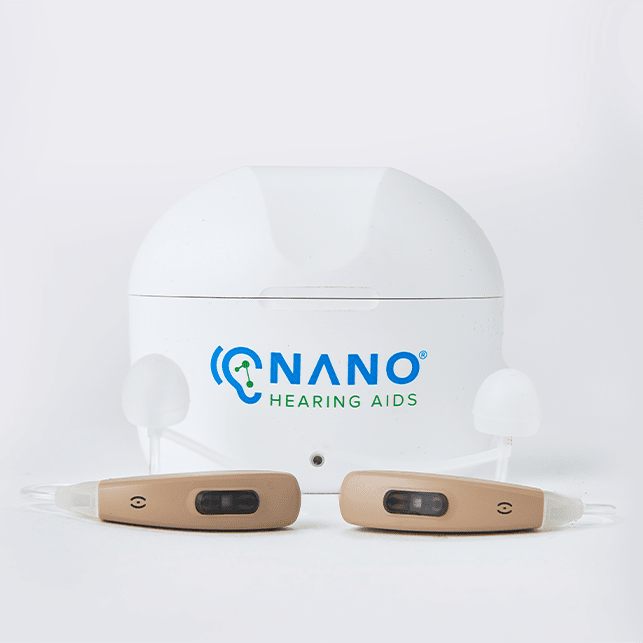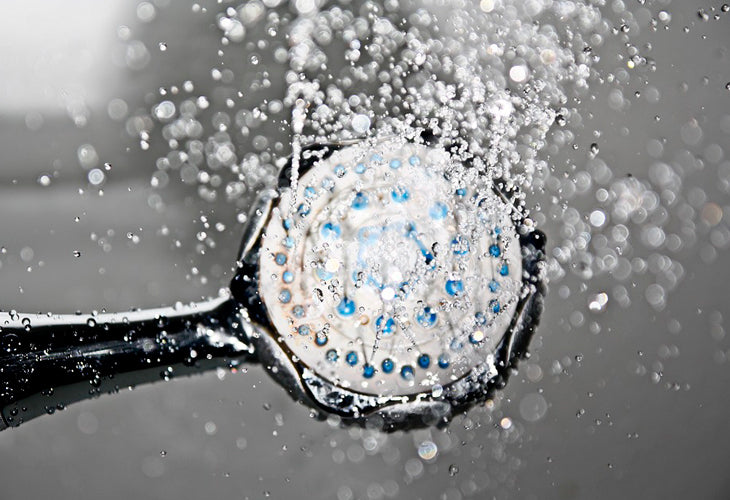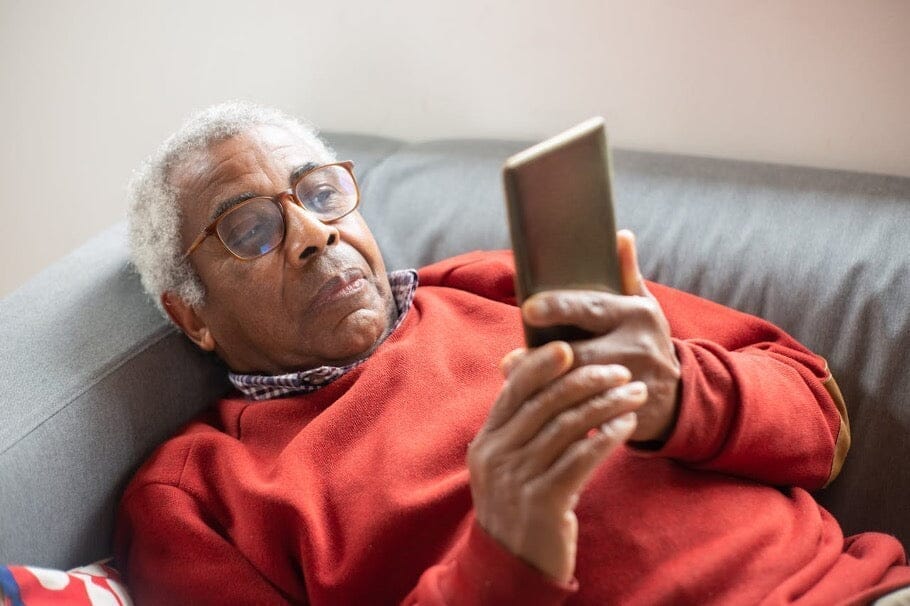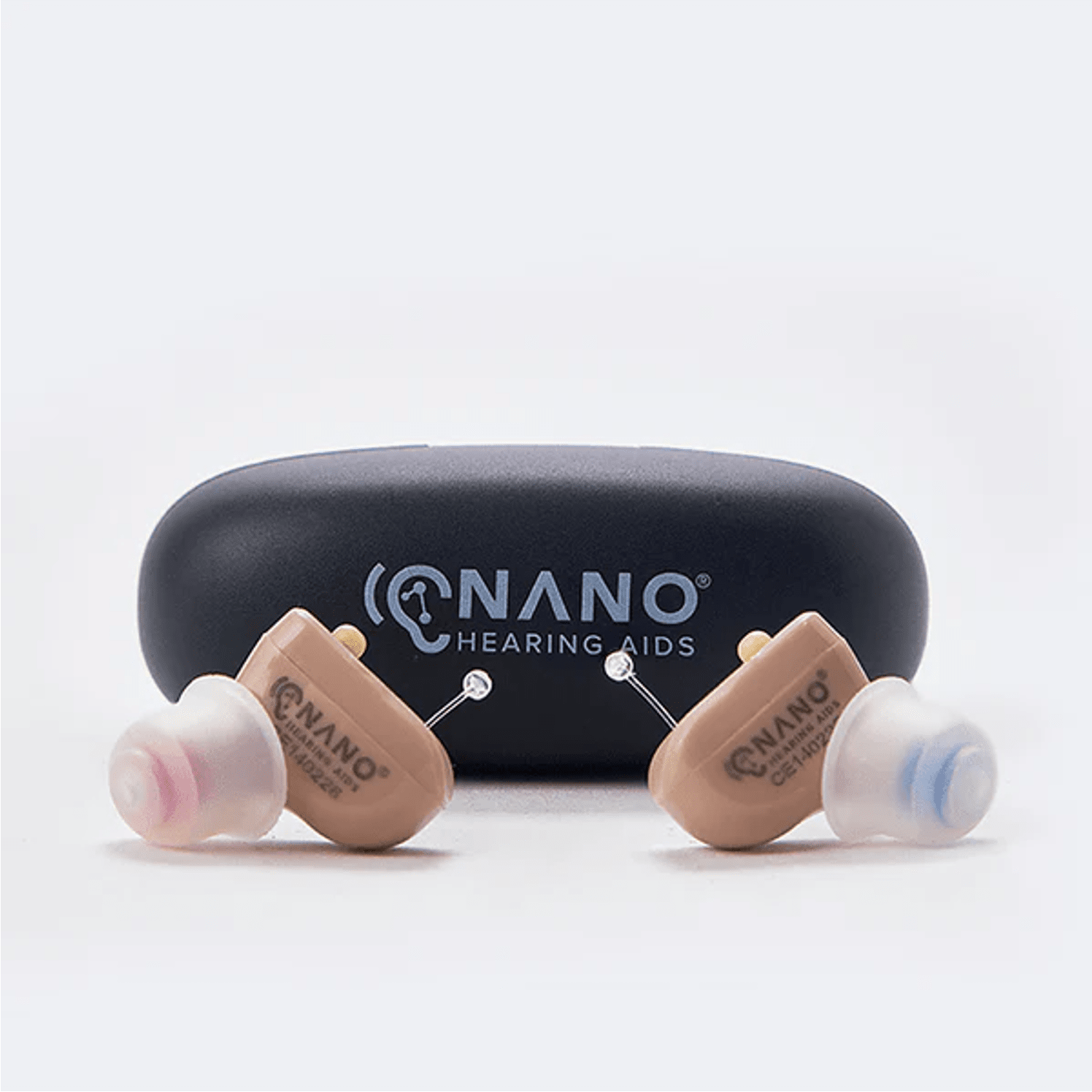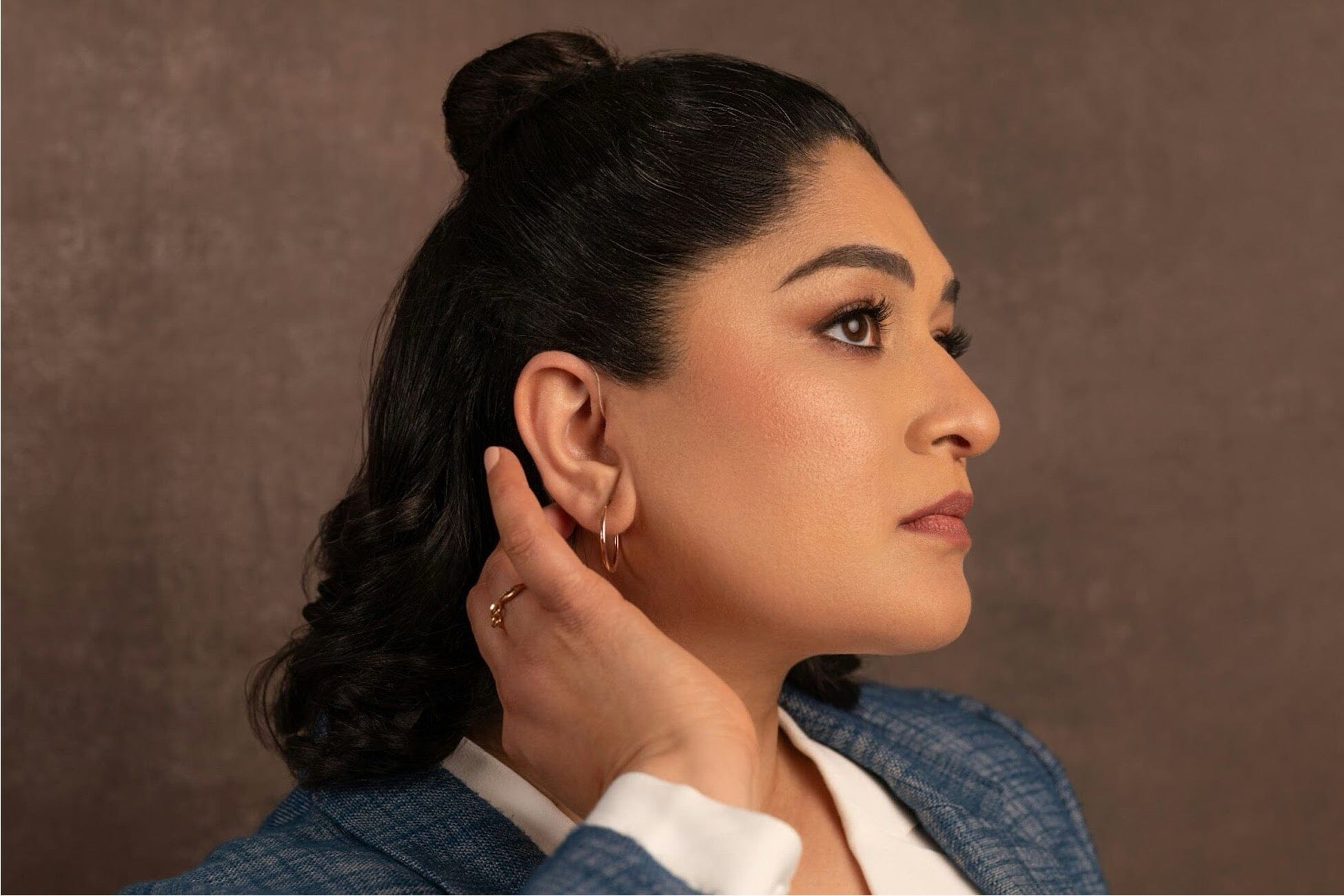Key Takeaways
- Not all OTC hearing aids are waterproof or water-resistant; check your device's specifications.
- Always remove non-waterproof hearing aids before showering to avoid damage.
- For water-resistant models, follow the manufacturer's guidelines for moisture exposure.
- Maintain and store your hearing aids properly to prolong their lifespan.
- If your hearing aids get wet, dry them thoroughly and consult a professional if necessary.
Can I Wear OTC Hearing Aids While Showering?
Not all OTC hearing aids are equally equipped to handle water exposure: some are water-resistant, while others are not. As such, you need to check the IP (Ingress Protection) rating of your hearing aid, which tells you how well it can withstand exposure to solids and liquids. An IP rating of IP68, for example, means the device is dust-tight and can handle submersion in water beyond 1 meter. If your device isn't rated for water exposure, keep it far away from the shower. For those with water-resistant or waterproof hearing aids, it's still vital to follow the manufacturer's guidelines: just because a device can withstand water doesn't mean it should be exposed unnecessarily. Besides, the steam and soap in a shower can still pose risks, even for water-resistant models.
NANO Hearing Aids are FDA-registered, Class I devices. Our OTC hearing aids are designed for individuals over 18 years of age with perceived mild to moderate hearing impairment. With prices starting at just $297, they offer a viable solution for those looking to improve their hearing without breaking the bank.
Do's and Don'ts for Wearing OTC Hearing Aids While Showering
Do's
- Do check your hearing aid's IP rating before considering showering with it on.
- Do follow the manufacturer's instructions regarding water exposure.
- Do remove your hearing aids before showering if they are not water-resistant.
- Do keep a drying kit or dehumidifier on hand in case your hearing aids get wet.
- Do consult your audiologist or hearing aid provider if you're unsure about your device's capabilities.
Don'ts
- Don't assume all hearing aids are safe to wear in the shower; verify first.
- Don't expose your hearing aids to water if they have a low IP rating.
- Don't leave your hearing aids in a humid bathroom after showering.
- Don't use a hairdryer or microwave to dry your hearing aids; excessive heat can cause damage.
- Don't ignore signs of malfunction after your hearing aids get wet; seek professional help.
OTC Hearing Aid Best Practices While Showering
If you have water-resistant hearing aids and choose to shower with them, there are best practices you should follow to minimize risk. First, ensure that all battery compartments and doors are tightly sealed. This can help prevent water from infiltrating the internal components of the hearing aid. After showering, thoroughly dry your hearing aids: gently pat them down with a soft, dry cloth, without pressing too hard on any microphones or buttons. Open up the battery compartment and remove the batteries, allowing any trapped moisture to evaporate naturally.
Water-resistant hearing aids can be worn while showering.
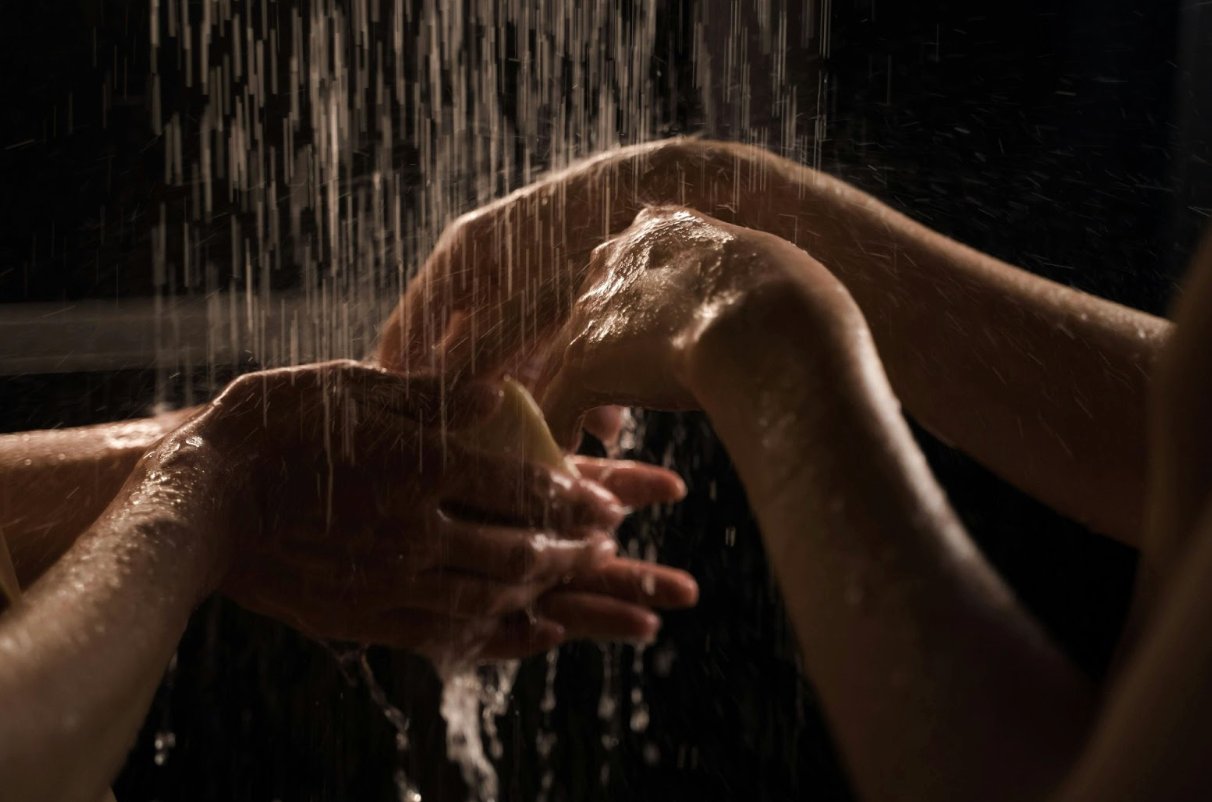
Maintenance Tips to Keep Hearing Aids Shower-Ready
To keep your hearing aids in top condition, routine maintenance is key. This includes regularly checking for any signs of moisture or damage, especially after exposure to water. For water-resistant models, consider using a hearing aid dryer or dehumidifier overnight to ensure any residual moisture is removed. It's also a good idea to have your hearing aids professionally cleaned and checked at least once a year: this can help catch any potential issues early and ensure your hearing aids are always ready for whatever comes their way, including an occasional splash.
Adapting Your Shower Routine for Hearing Aid Longevity
To extend the life of your hearing aids, consider adapting your shower routine. For instance, you might choose to shower without your hearing aids, giving them a break and reducing their exposure to moisture. If you do shower with them, avoid direct streams of water and protect the microphones from soap and shampoo. By taking these simple steps, you ensure your hearing aids will continue to function effectively, providing you with the best possible hearing experience. After all, your hearing aids are an investment in your quality of life, and taking care of them properly is essential.
- Verify your hearing aid's water resistance level before exposing it to moisture.
- Remove non-water-resistant hearing aids before entering the shower.
- Use a drying kit or dehumidifier to manage moisture for water-resistant models.
- Consult with a hearing care professional if you have questions about your specific hearing aid model.
- Act promptly if your hearing aids get wet to minimize potential damage.
When it comes to water and electronics, caution is always the best approach. This is especially true for over-the-counter hearing aids, which can vary widely in their ability to withstand moisture. Before you even consider stepping into the shower with your hearing aids, make sure you are aware of their specific design limitations and capabilities.
Showering With Hearing Aids: Protection Measures
The NANO CIC Digital Recharge OTC Hearing Aids (CIC4) model.
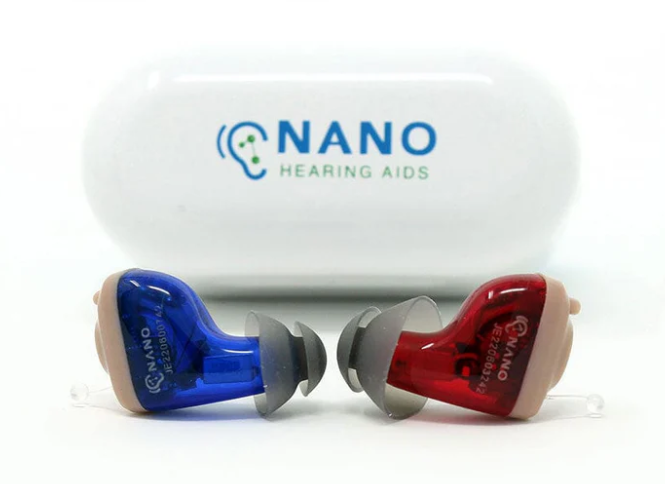
In conclusion, preserving the functionality of your hearing aids, such as OTC hearing aids, in environments like showers involves using preventive measures and adhering to regular maintenance routines. By proactively removing and safely storing your devices before exposure to moisture, utilizing protective accessories when near water, and adhering to regular cleaning and drying practices, you can preserve the functionality and extend the lifespan of your hearing aids.
Frequently Asked Questions (FAQ)
Can water-resistant hearing aids be used in the shower?
It depends on the IP rating of the hearing aid. Check the manufacturer's guidelines and be cautious, as water-resistant doesn't mean waterproof.
What should I do if my hearing aids get wet?
Remove them immediately, dry them with a soft cloth, open the battery compartment, and use a dehumidifier if available. Consult a professional if they appear damaged.
How often should I clean my hearing aids?
It's recommended to clean your hearing aids daily with a soft, dry cloth and have them professionally cleaned at least once a year.
Are there any hearing aids that are completely waterproof?
Yes, using a hearing aid dryer or dehumidifier can help remove moisture and prolong the life of your hearing aids.
How should I protect my hearing aids when showering?
Before showering, remove your hearing aids and store them in a dry, safe place away from moisture. Using a dehumidifier box for storage during your shower can help absorb any residual moisture.

